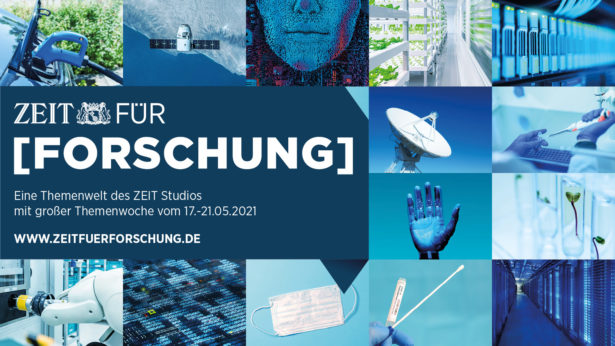COVID-19: Global Pandemic Preparedness and Response
Sie sehen gerade einen Platzhalterinhalt von YouTube. Um auf den eigentlichen Inhalt zuzugreifen, klicken Sie auf die Schaltfläche unten. Bitte beachten Sie, dass dabei Daten an Drittanbieter weitergegeben werden.
Mehr InformationenReferentInnen
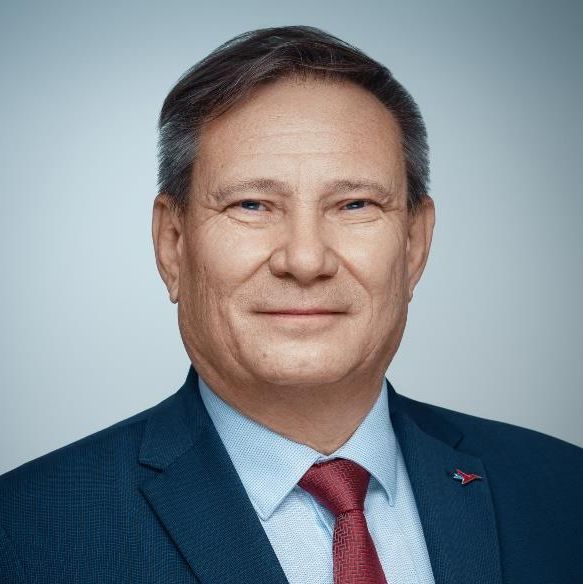
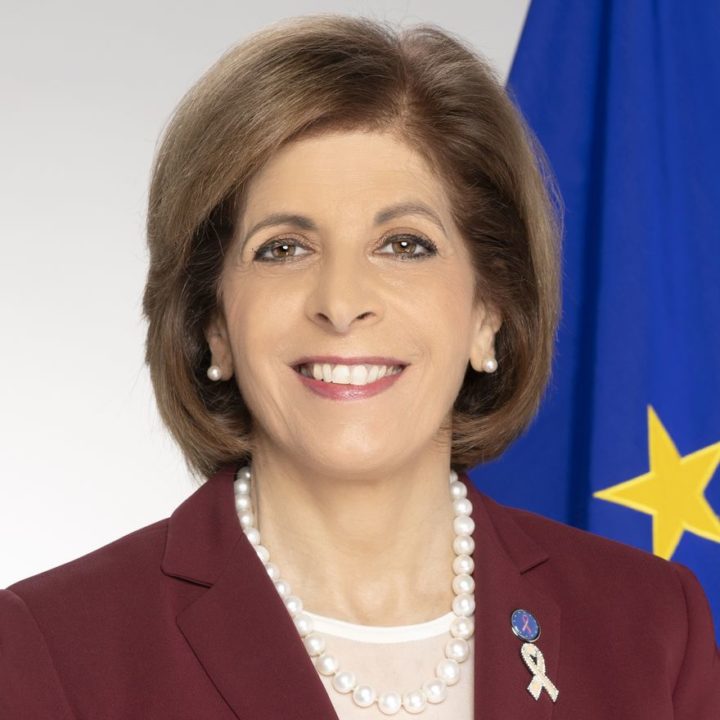
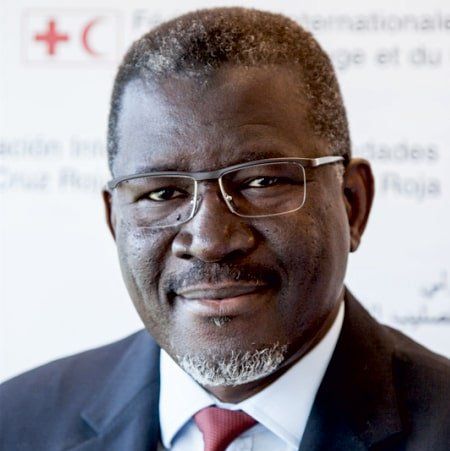
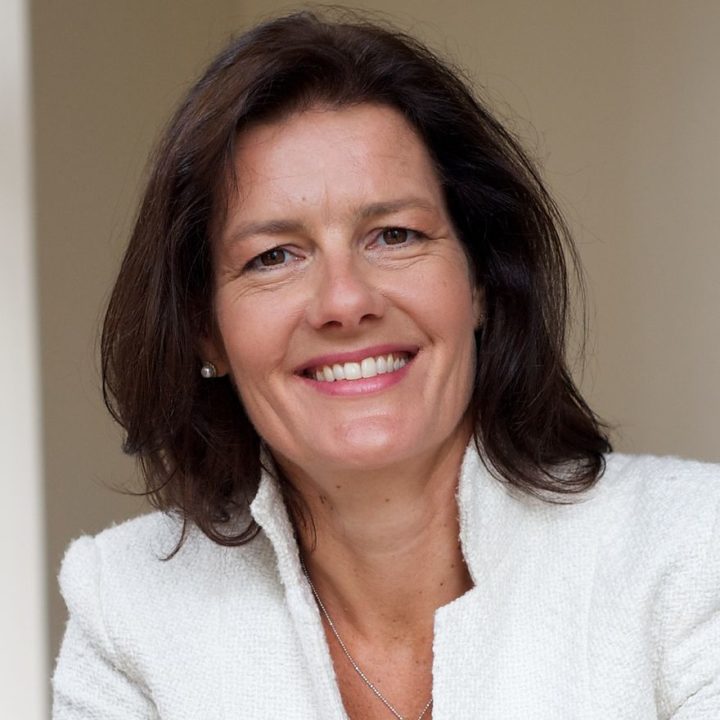
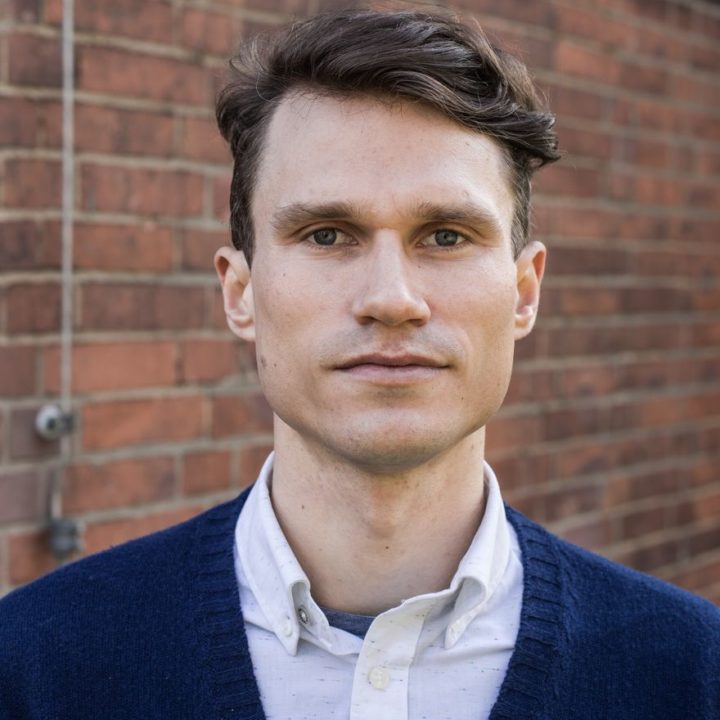
Diese Session ist Teil der digitalen Themenwoche
Grundlagenforschung trifft angewandte Forschung: Wie lösen wir die Weltprobleme? Und wie bleibt der Wissensstandort Deutschland wettbewerbsfähig?
Unter diesen Leitfragen lädt die ZEIT Verlagsgruppe vom 17. bis 21. Mai führende Forscher*innen, Wirtschaftsvertreter*innen und Politiker*innen zu einer digitalen Themenwoche ein, in der wir der Frage nachgehen wollen, wie Wissenschaft & Forschung an der Lösung der dringlichen Weltprobleme arbeiten.

